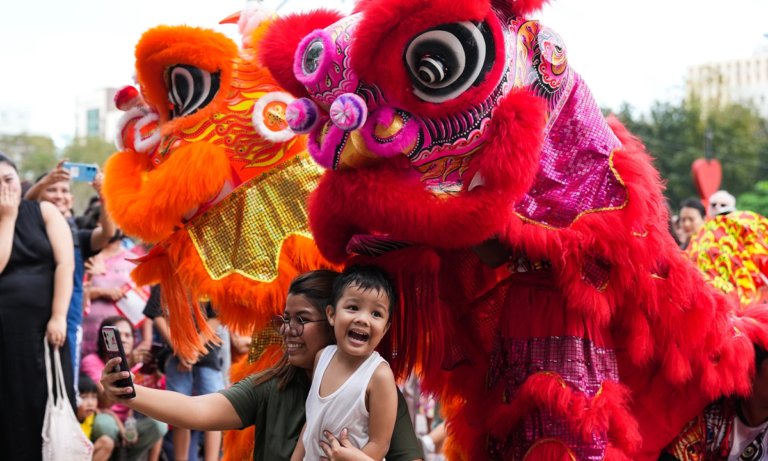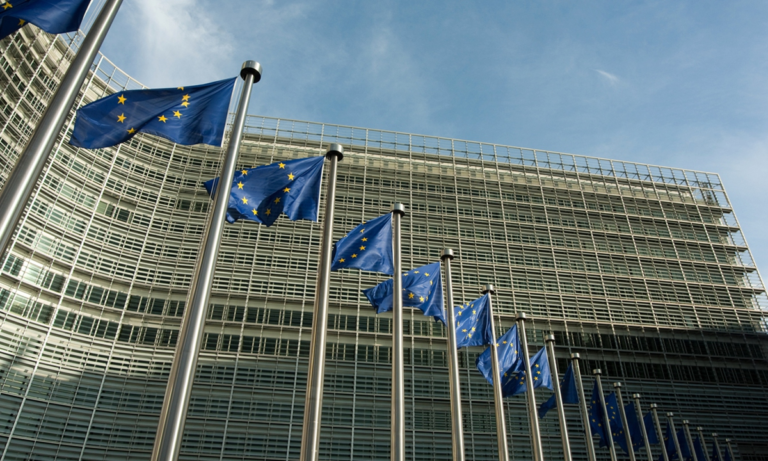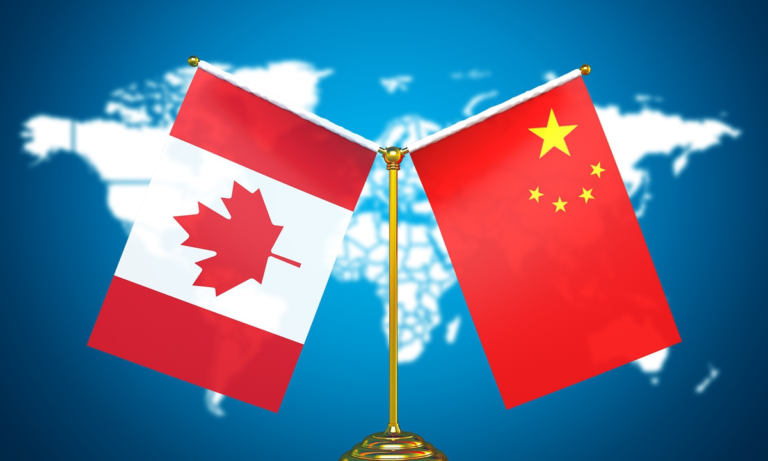
A newly enacted defense pact between Japan and the Philippines is paving the way for increased military readiness, while solidifying Tokyo’s position as a crucial Indo-Pacific security partner.
The Reciprocal Access Agreement (RAA), which was signed in July 2024 and took effect in September 2025, enables the nations’ forces to train together on each other’s territory. It comes amid Manila and Tokyo’s respective territorial challenges with China.
Beijing arbitrarily claims nearly all of the South China Sea, including portions of the Philippines’ internationally recognized exclusive economic zone, despite an international tribunal’s 2016 ruling rejecting China’s assertions. In the East China Sea, meanwhile, Japan has condemned China’s frequent incursions, including around the Japan-controlled Senkaku Islands.
The RAA was employed for the first time in October 2025 for drills between the Japan Air Self-Defense Force and Philippine Air Force. The Doshin-Bayanihan 5-25 exercise supported disaster response operations in Cebu province following a deadly earthquake in central Philippines.
The training underscores the RAA’s “pivotal role in facilitating enhanced bilateral defense collaboration, ensuring interoperability and advancing both countries’ shared commitment to regional resilience, security and stability,” the Philippines National Defense Department stated.
The RAA also will strengthen the trilateral security partnership that includes the United States, said Renato Cruz De Castro, an international studies professor at Manila’s De La Salle University. “It will have the active participation of the Japan Self-Defense Forces in multilateral exercises in the Philippines,” while enabling Tokyo to increase defense assistance to Manila, he told FORUM.
Gen. Romeo Brawner Jr., the Armed Forces of the Philippines’ chief of staff, said Japan will have a more prominent role in the 2026 iteration of Balikatan, the Philippines’ largest multinational military drills, hosted with the U.S. Personnel from Japan have participated in the exercise’s humanitarian assistance and disaster response drills.
“For next year, they will participate in the field training exercise and command post exercise,” Brawner said in October 2025. “That’s a big step for our relations with Japan.
“What we’re trying to do now is to establish our deterrent posture in order to deter any country — not any specific country — from attacking the Philippines,” he said. “The way we’re doing it is by modernizing our own armed forces and by leveraging our alliances with other countries because if you look at the Philippines, we’re not a superpower. We need the help of other armed forces, so that’s what we’re doing.”
Manila and Tokyo are considering an agreement on exchanging logistical support, supplies and services, and exploring hardware transfers as an additional pillar of strategic partnership.
Japan intends to export six Abukuma-class destroyer escorts to the Philippine Navy to bolster Manila’s deterrence in contested waters, the Reuters news agency reported in mid-2025. The transfer of the vessels, currently in service with the Japan Maritime Self-Defense Force, would represent one of Tokyo’s largest contributions to Manila’s defense modernization.
Maria T. Reyes is a FORUM contributor reporting from Manila, Philippines.





